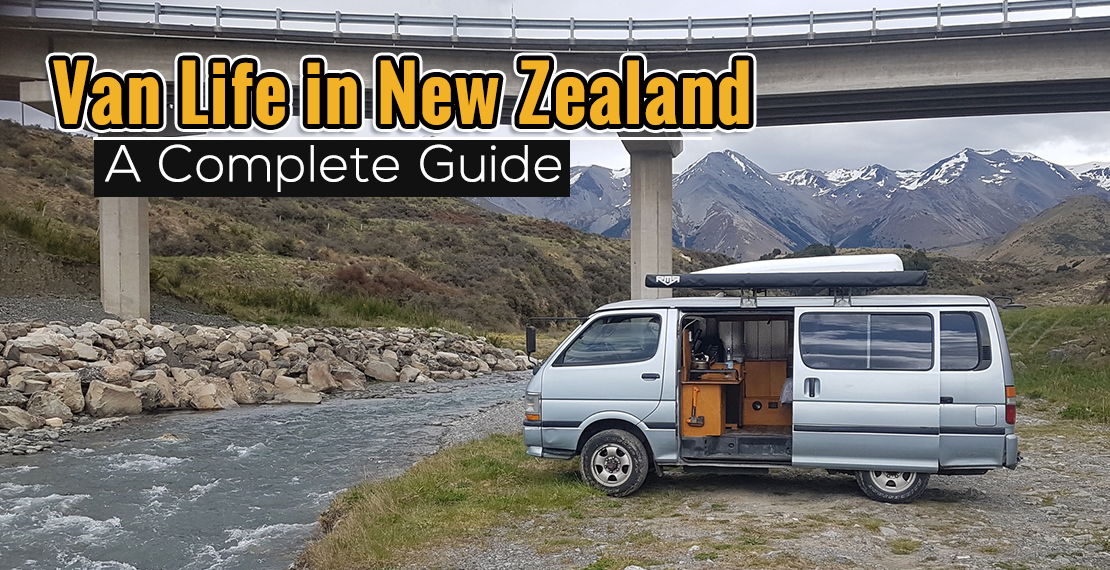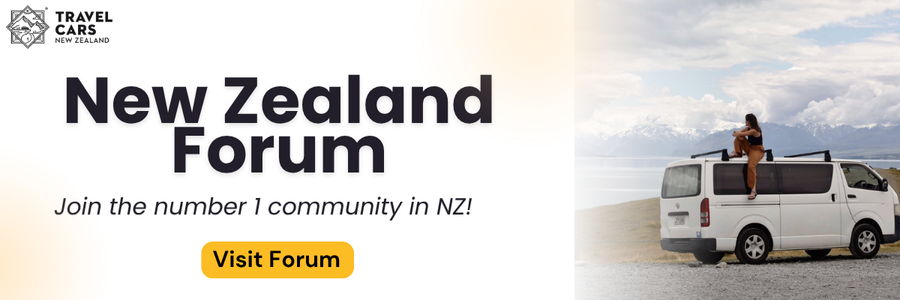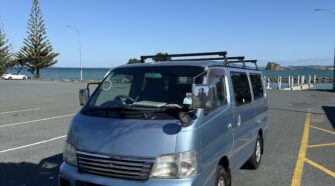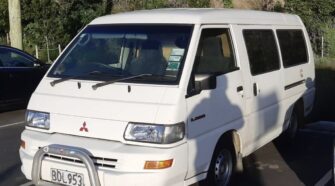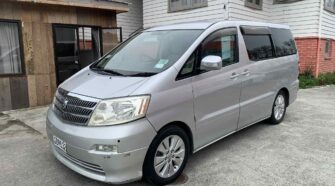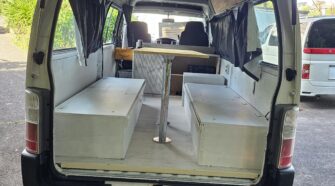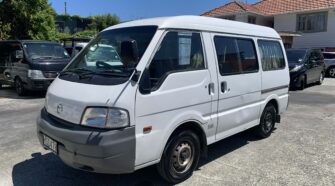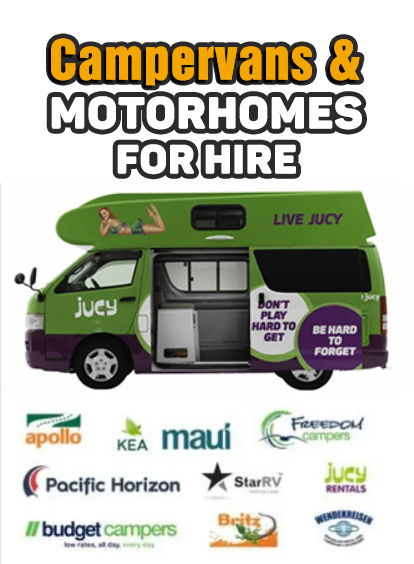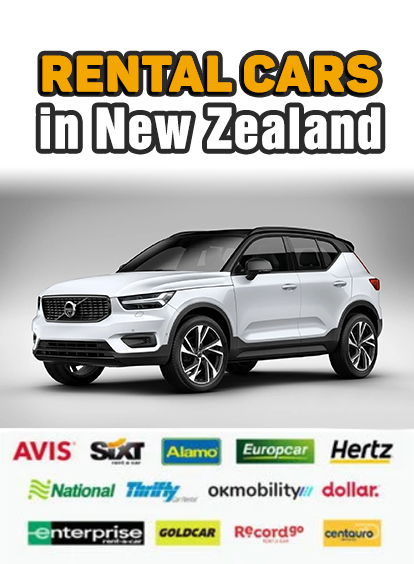✅ Last Update: May 20, 2025 @ 2:07 am
If you are planning a van life experience in New Zealand, you are on the right path!
The country is the perfect destination for van living; it has it all and is not too big, so you can enjoy it all within a reasonable period.
- In this guide, we’ll explain all you need to know to have an amazing van life in New Zealand.
1. Pros Vs. Cons of Van Life in New Zealand
Van life is a lifestyle that comes with its own set of challenges.
Here’s a breakdown of the pros and cons to help you decide if van life in New Zealand suits you.
✅ Pros
- Stunning scenery with diverse landscapes
- Picturesque camping spots
- Opportunity to meet fellow vanlifers
- Freedom to travel at your own pace
- Access to remote and hidden gems
- Simplified, minimalist lifestyle
- Closer connection to nature
❌ Cons
- Need to plan for suitable campsites
- Restrictions on freedom camping
- Challenges of driving a larger vehicle
- Difficulty finding parking spots
- Presence of sandflies, especially in summer
- Unpredictable weather requiring time spent indoors
- Cramped living space in smaller vans
- Limited amenities depending on the van
🚐 Wondering about how it is to sleep in a campervan? Check out this guide: Sleeping in a Campervan [FAQs]
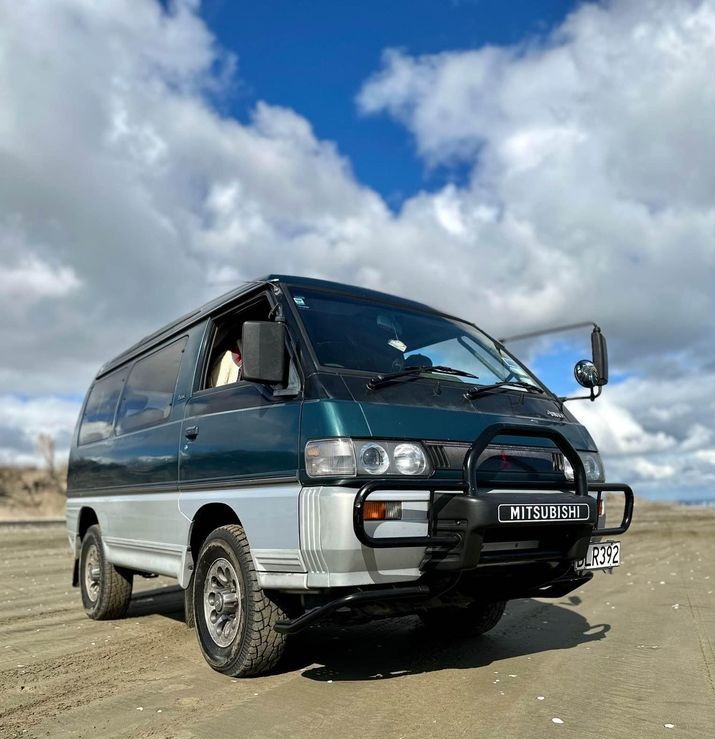
2. Buying Vs. Renting a Campervan
Choose buying for long-term cost savings and customization and renting for convenience and short-term flexibility.
Let’s see what are the benefits and inconveniences of these two options with the following tables:
✅ Benefits
| Aspect | Buying a Campervan | Renting a Campervan |
| Cost | Cost-effective for long-term travel | No upfront investment needed |
| Customization | Freedom to customize and personalize | Wide variety of rental options to suit different needs |
| Flexibility | Freedom to travel without rental restrictions | Quick and easy way to get on the road |
| Resale | Potential to sell the van and recoup some costs | No need to worry about depreciation |
| Ownership | Complete ownership and control over the vehicle | No maintenance responsibilities |
❌ Inconveniences
| Aspect | Buying a Campervan | Renting a Campervan |
| Initial Cost | High upfront investment | Higher daily rental costs |
| Maintenance | Responsible for all maintenance and repairs | Limited responsibility for vehicle upkeep |
| Depreciation | Vehicle value depreciates over time | No concern for depreciation |
| Commitment | Long-term commitment needed | Short-term flexibility |
| Resale | Time and effort required to sell the van | No resale concerns |
3. How to Choose the Right Campervan
When buying a campervan, there are a few sites where you can look for one.
The first step will be to know the size and what type of interior you want. Since you will be living in your camper, space is the most crucial aspect to consider.
Still, in the next point, we will guide you step by step to get the right campervan.
At Travel Cars, we offer a range of campervans for sale from backpackers and locals.
🚐 Find the perfect van for your adventure with us by checking the following listings:
🔍 If you are looking to rent a campervan or motorhome, you can use the TCNZ Search Tool.
4. Steps for Getting Your Campervan
1⃣ Set your needs
It depends on how long you plan to use your campervan; you’ll need to think about the number of passengers, sleeping area, kitchen facilities, storage space, bathroom area and essential gear to carry with you.
2⃣ Set a budget
Calculate the total cost of buying your campervan, including insurance and other expenses such as fuel or maintenance costs.
Still, the process is very similar if you decide to go for a rental.
3⃣ Research
Consider looking at popular brands first, such as Toyota or Nissan.
This is a crucial step as you’ll have to find the right one to ensure it covers your needs and fits your budget.
4⃣ Test drive & Inspection
Before going ahead with the purchase of your campervan, take into a mechanical inspection, you can also test drive it to feel how it drives.
5⃣ Complete the Transaction
Once all the mechanical aspects are good, do the paperwork to change the car ownership and top up the registration if needed.
6⃣ Get Car Insurance
Even though there is no obligation to get car insurance in New Zealand, it is highly recommended.
🧑💻 For more information about getting insurance for your car or campervan, you can check the following article: Backpacker Car Insurance in New Zealand
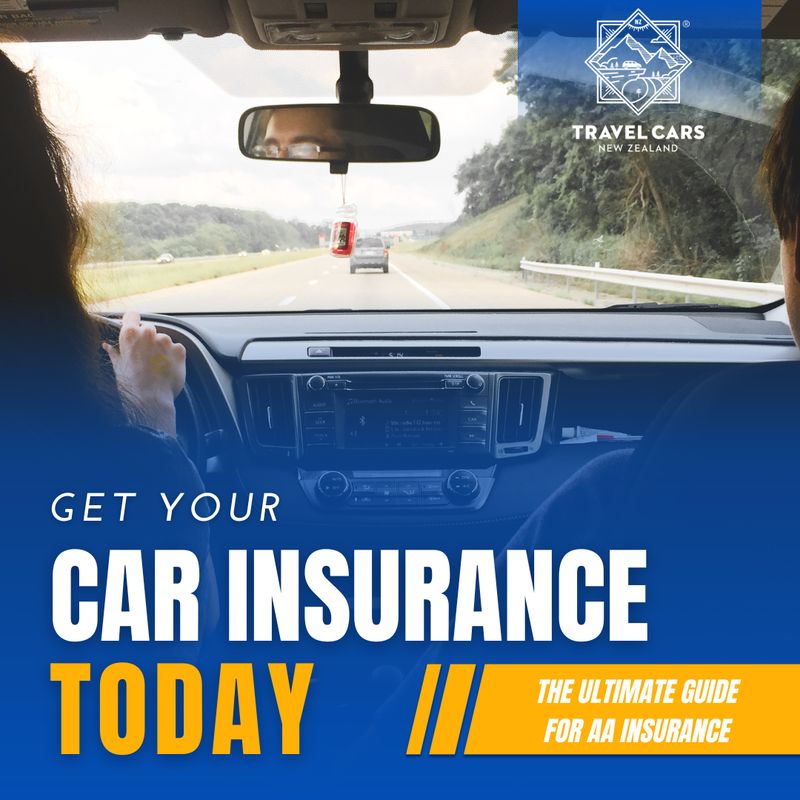
5. Self-Contained in New Zealand (A Quick Look Into It)
A self-contained vehicle stores a minimum amount of fresh water and wastewater and has a toilet, meeting NZS 5465 standards.
Some of its main benefits are:
- More camping options, including free spots
- Promotes environmental responsibility
- Flexibility to explore remote areas
6. Powering Your Campervan
Reliable power is essential for a comfortable campervan experience. Here are the main options:
1. Portable Power Stations: These large power banks, like the Bluetti EB200P, offer versatile charging options and multiple outlets, ideal for small to medium-sized campervans.
2. Motorhome/RV Batteries: Separate from the vehicle’s main battery, these 12-volt batteries power basic appliances and can be recharged at campgrounds. They are suitable for essential electronics but not high-energy devices.
3. Solar Panels: Installed on the roof, solar panels provide sustainable power by continuously charging your batteries. They are especially effective in sunny regions and can be paired with battery systems for consistent energy.
4. Campground Hookups: Many campgrounds offer powered sites for connecting your campervan to an external power supply, allowing the use of heavier appliances. Ensure your campervan has the necessary input connections.
5. Generators: Portable generators provide reliable power in remote areas, running on gasoline, propane, or diesel. They are less environmentally friendly due to noise and fuel requirements.

7. Essential Packing List for Your Campervan
Packing the right items is key to a comfortable and efficient campervan adventure.
Here’s a complete table of essentials to ensure you’re well-prepared:
| Category | Items |
| Bedding and Comfort Items |
Sleeping bags or duvets Pillows Blankets for extra warmth Mattress topper (if needed) |
| Kitchen Supplies |
Portable stove or camping grill Cooking utensils (spatula, tongs, etc.) Pots and pans Plates, bowls, and cups Cutlery (knives, forks, spoons) Cutting board Dish soap and sponges Food storage containers |
| Food and Water |
Non-perishable food items (canned goods, pasta, rice) Fresh produce and snacks Bottled water or a water filtration system Cooler or portable fridge |
| Personal Items |
Clothing suitable for various weather conditions Toiletries (toothbrush, toothpaste, soap, shampoo) Towels First aid kit Prescription medications |
| Safety and Navigation |
Maps or GPS device Mobile phone and charger Emergency roadside kit (jumper cables, flashlight, spare tire) Fire extinguisher Multi-tool or Swiss Army knife |
| Cleaning and Maintenance |
Trash bags Broom and dustpan Cleaning wipes or spray Vehicle maintenance items (engine oil, coolant) |
| Outdoor Gear |
Camping chairs and table Awning or pop-up tent for shade Hiking gear (boots, backpacks) Insect repellent and sunscreen |
| Entertainment and Extras |
Books or e-reader Board games or cards Camera for capturing memories Portable power bank or generator |
8. Best Camping Spots for Van Life in New Zealand
New Zealand has plenty of spots for freedom camping; here, we will show the most popular ones.
- Aoraki/Mount Cook National Park: Located on South Island, Aoraki/Mount Cook National Park is known for its stunning alpine scenery and Lake Pukaki. The White Horse Hill Campground is a great spot to stay, with basic facilities and many hiking trails nearby.
- Coromandel Peninsula: The Coromandel Peninsula in the North Island offers beautiful beaches, rainforests, and coastal towns. Hot Water Beach and Cathedral Cove are must-visit spots. Popular campgrounds include Hahei Holiday Resort and Hot Water Beach TOP 10 Holiday Park.
- Abel Tasman National Park: At the top of the South Island, Abel Tasman National Park is famous for its golden beaches and clear waters. Totaranui Campground is a peaceful place to stay, perfect for kayaking and hiking.
- Queenstown and Wanaka: In the South Island’s Otago region, Queenstown and Wanaka offer many outdoor activities, such as skiing and bungee jumping. The Twelve Mile Delta Campground and Wanaka Kiwi Holiday Park & Motels are great for van campers.
- Fiordland National Park: Fiordland National Park, located in the southwest of the South Island, features dramatic landscapes like Milford Sound. Milford Sound Lodge and Cascade Creek Campground are popular camping spots.
- Rotorua: On the North Island, Rotorua is known for its geothermal activity and Maori culture. The Blue Lake TOP 10 Holiday Park and Rotorua Thermal Holiday Park are excellent places to camp and explore the area’s unique features.
🎯 Discover more spots where you can stay with your campervan: Campsites for Campervans in New Zealand




